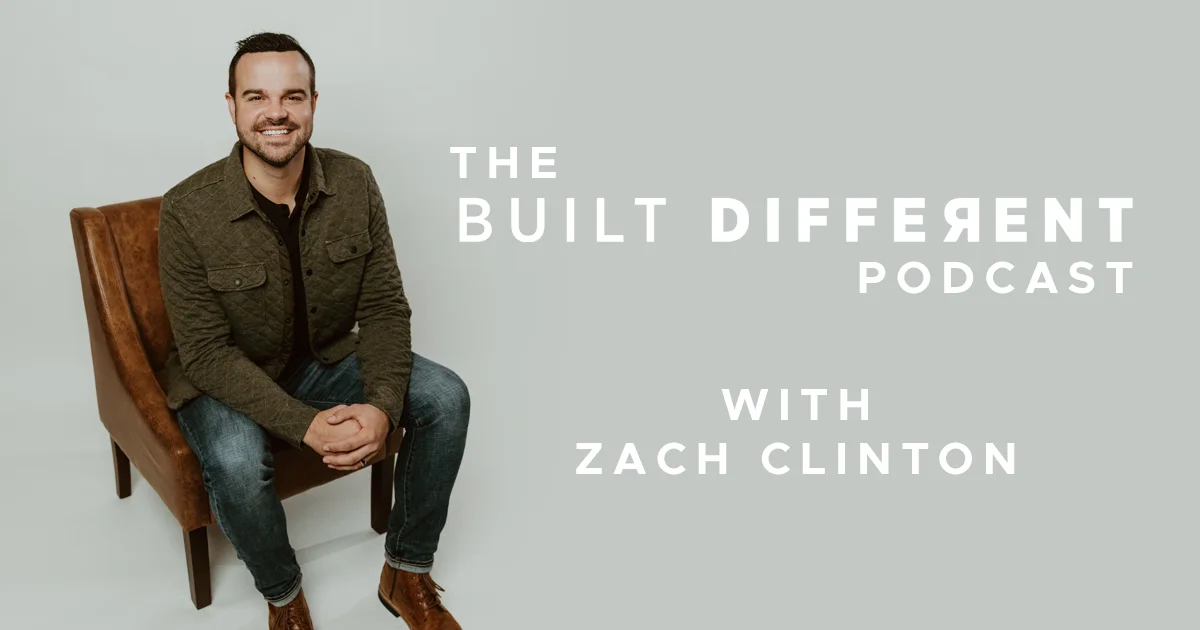
A Journey Through the Desert
by Sarah Phillips
Then Jesus was led up by the Spirit into the wilderness to be tempted by the devil. And he fasted forty days and forty nights, and afterward he was hungry.Matthew 4:1-2
Sometimes it's not what’s in our lives troubling us most. It's what we must do without. It's the gaping hole that won't be filled.
Feeling a sense of lack, of deprivation, is often referred to as a “desert experience.” Desert experiences can take on many forms – spiritual, relational, and physical. When we hit a period of dryness in a particular area of our lives, we instinctively think something must be wrong with us. “Perhaps if I pray more and become holier, I’ll feel God’s presence again.” Or “If I acquire more financial skills, I’ll finally be able to afford what I want.” Or “If I become more loveable, I’ll finally find someone to marry.” So we strive, trying to fill in the gaps in hopes we can earn the blessing.
In our striving, we may be missing out on an opportunity to grow in our faith. Sometimes, a desert experience is necessary in order to bear greater fruit later on. Some of the greatest Saints embraced desert experiences as spiritually profitable.
Elisabeth Leseur, a French upper-class housewife in the early 20th century, spent much time in relational and spiritual deserts throughout her marriage to her husband, a professed atheist. In her diary, later published as The Secret Diary of Elisabeth Leseur, she recorded times of "complete resignation, but without joy or any inner consolation." Later, when reflecting on her faith, she writes, "And yet through all these trials and in spite of the lack of interior joy, there is in my soul some central place, which all these waves of sorrow cannot reach." Elisabeth’s perseverance in seeking Christ in the desert later inspired the conversion of her husband.
In the Bible, periods of physical deprivation often preceded key moments in salvation history. Moses wrote the Ten Commandments during a 40-day fast (Exodus 34:28). And it was after a lengthy fast that Elijah heard God’s still, small voice (1 Kings 19:8). We see in the passage above that Christ literally ventured into the desert for his own 40-day fast in preparation for what was to come – our salvation through His sacrificial death.
Now, I’m not advocating starving yourself or allowing clinical depression to go untreated. Yet, in the short time we’re here on earth, periods of darkness or barrenness – whether voluntary or involuntary -- can be used by God for great purposes.
Right now we're in the middle of Lent, which is traditionally a 40-day period when believers purposely descend into the “desert” in order to contemplate Christ’s suffering and to hear God’s still, small voice more effectively. Although I don't love to suffer – in even small ways – God has used Lent to teach me that the desert has a beauty all its own. That’s because God values the sacrifices of His children. Not that he takes pleasure in our pain, but He uses lack to refine us and draw us closer to Him so that later we may know joy on a deeper level, beyond what our five senses can currently discern.
Of course, we’re not meant to live forever in a season of Lent. We know, with confidence, that after Christ’s suffering and sacrifice, Easter morning came. Yet, Lent is a season set aside to remind believers today that we are still inhabitants of the "Shadowlands," as C.S. Lewis liked to call them. We are not in heaven, and we have work to do. Though we may experience beauty and joy in this life, nothing can fully satisfy us except God's plan awaiting us in the fullness of time.
Intersecting Faith & Life: Decide on one luxury you regularly enjoy and give it up until Easter. It can be a type of food, a behavior (like watching TV or using critical words in your relationships), or money (donated to a cause instead of spent on yourself). In its place, increase time spent in quiet prayer. If you’re currently having a “desert experience” in your life, be encouraged by knowing God is near.
Further Reading
Matthew 6: 1 - 6, 16 – 18
Joel 2: 12 – 18
10 Lenten Traditions to Enrich Your Family's Easter Celebration
Secrets to Fasting and Prayer
Check out fantastic resources on Faith, Family, and Fun at Crosswalk.com!
Related Resource: How Habit Stacking Will Help You Discipline Your Mind, Body, & Spirit
The process of success is not hidden. It is on display for anyone to see. However, it is a daily grind that requires a great deal of work that is tedious and often uncomfortable. Successful people simply do the work. They embrace the grind and everything that comes with it. Ultimately, successful people understand this truth - Hope doesn’t produce change. Habits do! Everyone has the desire, but many lack the necessary discipline! That’s why today on The Built Different Podcast we have a very special guest who understands the importance of discipline and habits at a very high level. Don’t just focus on changing the thoughts in your head and the habits in your life, but also allow God to transform your heart from the inside out. If you like what you hear, be sure to subscribe to The Built Different Podcast on Apple, Spotify or YouTube so you never miss an episode!

